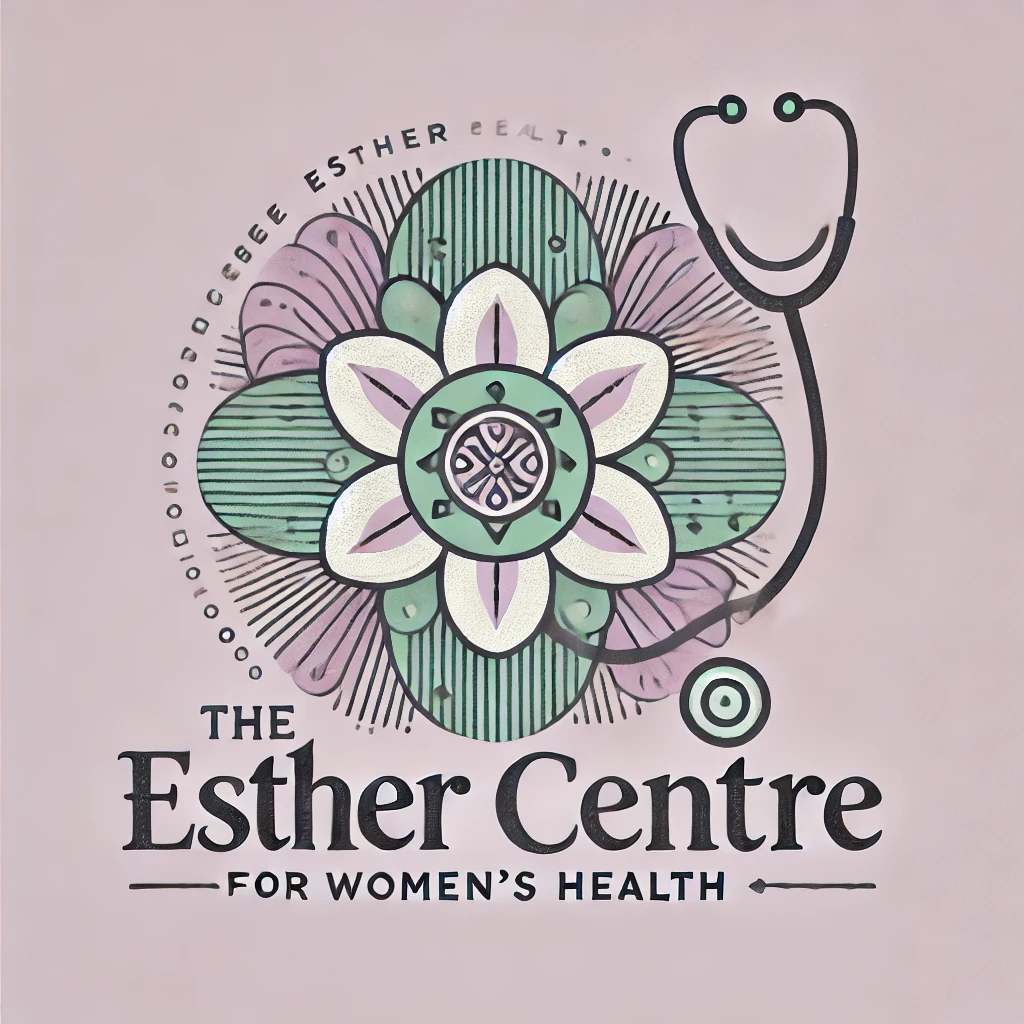How would you know if you have ovarian cancer? September is Ovarian Cancer Awareness Month, which makes it the perfect time to take stock of your gynecological health.
Ovarian cancer is one of the most deadly cancers for women. Each year, approximately 22,000 women in the U.S. are diagnosed with this potentially fatal disease, and as many as 14,000 die. Worldwide over 238,000 new cases of ovarian cancer are diagnosed every year, killing 152,000 women.
Who Is Susceptible?
Ovarian cancer is most likely to be contracted by women in their fifties and sixties, with the median age being 63, says Ovarian Cancer Awareness, a non-profit working to educate the public about this disease.
In addition, women who have a strong family history of ovarian cancer, or who carry the BRCA mutation gene, may also become victims. One in seven ovarian cancers are due to BRCA mutations, reports Ovarian.0rg. Women who have had breast cancer have an increased risk of ovarian cancer, as well. A family history of cancer of the breast, colon and uterus also creates an increased risk of getting ovarian cancer.
In addition, research suggests there is a relationship between the number of menstrual cycles in a woman’s lifetime and her risk of developing ovarian cancer, says OvarianCancer.org. A woman is at an increased risk if she:
- Started menstruating before the age of 12
- Has not given birth to any children
- Had her first child after 30
- Began menopause after the age of 50
- Used hormone replacement therapy to treat the symptoms of menopause
- Has never taken oral contraceptives
Infertility, regardless of whether or not a woman uses fertility drugs, increases the risk of ovarian cancer. Studies have also found a link between obesity and ovarian cancer.
What Are The Signs that You May Have Ovarian Cancer?
The symptoms seem very commonplace. Yet, if they occur more frequently than usual—more than 12 times during the course of one month—and are new for you, they could indicate something very serious is happening.
The 10 most common symptoms include:
* Bloating
* Pelvic or abdominal pain or bleeding
* Difficulty eating or feeling full quickly
* Urinary urgency or frequency
* Nausea, indigestion, gas
* Constipation or diarrhea
* Extreme fatigue
* Shortness of breath
* Backaches
* Weight gain
What Should You Do?
*If any of the above symptoms are uncommon for you and persist more than two or three weeks, see your doctor as soon as possible. Early detection is key to increasing your chances of survival. Depending on how advanced the disease is, treatment may include surgery and chemotherapy.
*See your healthcare provider annually. If there is a history of ovarian cancer in your family, ask if you should get screened for the BRCA gene.
* If you are at high risk for ovarian cancer, ask your doctor if you should take birth control pills. Taking birth control pills for 5 years has been shown to reduce ovarian cancer risk by 50 percent. However, know that birth control pills have been linked to a slight increase in breast cancer and may have other health risks, warns WebMd, so consider both the pros and cons before you start the medication.
* You can lower your risk of contracting many forms of cancer by eating a healthy diet full of fruits and vegetables, not smoking and exercising regularly.
Most importantly, don’t delay in seeking help and treatment. As with all illnesses, but especially cancer, the sooner your disease is diagnosed and treated, the better.


